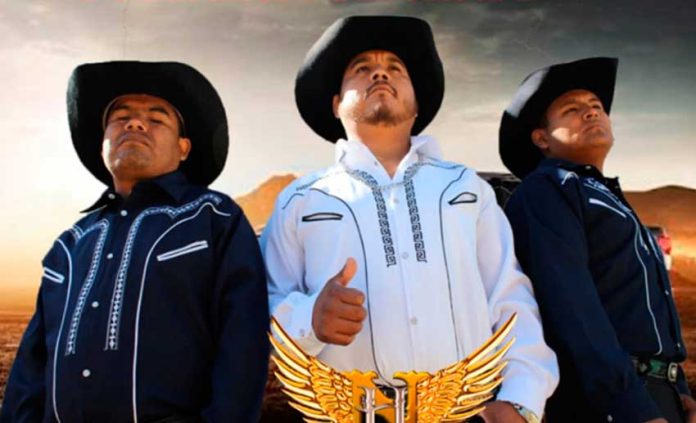“El poblano pasó de ser camotero a huachicolero . . .”
With those words, which translate into “the man from Puebla went from being a sweet potato vendor to a fuel thief,” Puebla singer Tamara Alcántara begins a song that celebrates the culture of fuel thieves in the Red Triangle, a region of Puebla notorious for the high incidence of petroleum pipeline taps.
“The truth is that the huachicolero is like the devil, everyone knows that he’s around but nobody has seen him,” she continues.
With the federal government’s anti-fuel theft strategy in full swing, huachicorridos – ballads that tell the stories of fuel thieves – are beginning to garner greater attention from the Mexican public although many of them have been around for years.
Taking a cue from narcocorridos, a subgenre of norteño or northern Mexican music that glorifies and seeks to humanize drug traffickers, huachicorrido lyrics often assert that the fuel thieves are not acting out of malice but necessity, á la Robin Hood.
“I’m from the Red Triangle, 100% poblano, they call me the sucker and with that I agree because I suck the pipes to help my people,” sings the front man of a group from Puebla called Nato y los Huachix in a 2017 huachicorrido called Del Triángulo Rojo (From the Red Triangle).
A song by a group called Komando 357 is dedicated to the prominent Puebla fuel thieves known as El Bukanas and Kalimba.
“. . . I’m here to sing to all the people who have a great time fucking over Pemex . . . Pemex belongs to the Mexicans so that means it’s ours, instead of letting the gringos fuck it over we’re better off fucking it over ourselves.”
It’s not just corridos, or ballads, that have been given a huachicol reinterpretation but also cumbia, a dance and style of music originally from Colombia.
A song called La Cumbia Huachicol was released during protests against the January 2017 gasolinazo, as the steep gasoline price increase was known.
“Gasolinazo, I use huachicol [stolen fuel], gasolinazo, I use huachicol,” goes the refrain of the song.
Among other aspects of the so-called “huachicolero” culture are altars dedicated to the Santo Niño Huachicolero, or the Holy Infant Huachicolero.
With President López Obrador now cracking down hard on fuel theft and thus threatening huachicoleros‘ livelihoods, prayers to the Santo Niño are likely at an all-time high.
Source: El Universal (sp), Milenio (sp)
